India
What can India reveal to us about reality, duty, responsibility and the right way of living for a modern, global worldview?
नमस्ते
Unity in diversity
Everything that exists originates and eventually returns to the invisible source of reality behind all visible things (Brahman). The very origin of everything lies on a deep level outside of words, thoughts, and human imagination. It’s the fundamental fabric of the universe which is eternal, genderless, impersonal, homogenous and omnipresent. This level of ONENESS is the ultimate reality, that which is real and permanent in the absolute sense.
From this unknown and absolute level of the ONE reality comes the material for the manifested, heterogenous world with the characteristics we see around us. To achieve the diversity of the visible world the root level of reality constantly performs 3 characteristic activities: it creates matter (Brahma), it maintains it (Vishnu), and it transforms it (Shiva) in an endless cycle of death and rebirth. These three principles of creation, maintenance and change are the key features of the fundamental reality.
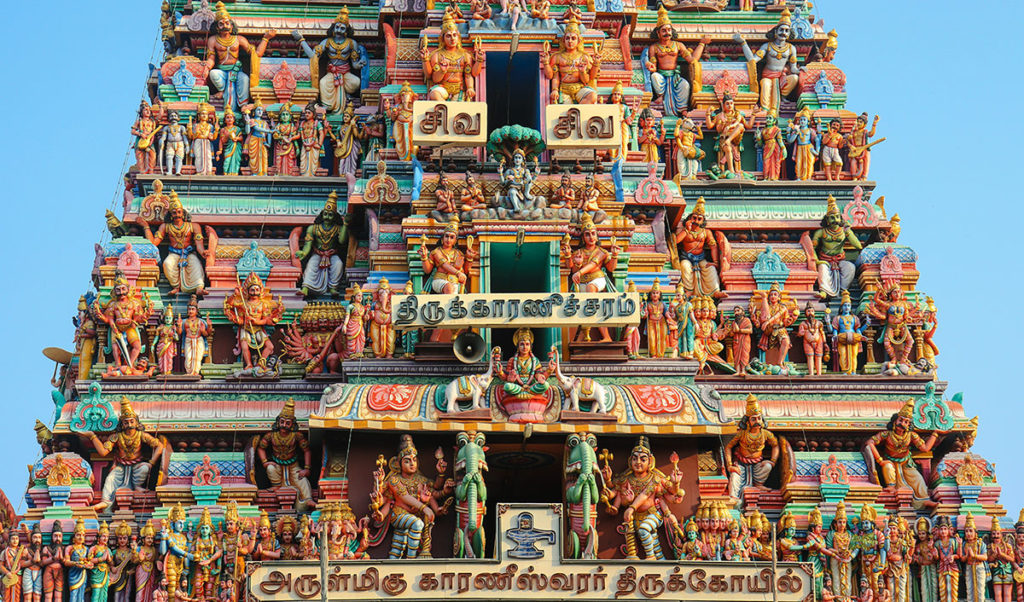
FOCUSES OF CONSCIOUSNESS
People are not their bodies, emotions, minds or egos. People are units of consciousness and in that we are all parts of the ONE fundamental, and absolute level of reality. Human beings are born, live and die, and in the course of the process we develop through self-initiated activity in our daily situations. We learn by growing personally through experience and there’s no unquestionable authority that should tell you how to live your life. You make decisions by using the capacities of your own consciousness which partakes in the ONE, fundamental level of reality.

Your faith and lifestyle should be a matter of internal debate and thought processes, not of dogma or blind obedience. No single written document, no single opinion, no single philosophy can claim to know the whole truth by which you should organize your life. Everything relates to one another and it’s your duty to consider different views and to make sense out of them so that they can give your life meaning and purposefulness.
THE LAW
Rooting in the reality of ONENESS grants you the freedom to choose the way of life that fits you as a person. That freedom is guaranteed by the laws of nature. Our thoughts and emotions also obey the laws of nature, and knowing the Law enables you to gain more self-determination in life. There are timeless truths from which the right way of living can be derived. Our cultural understanding of rights, laws, duties and virtues must be based on that knowledge of reality so that universal ethics can be formulated and put to practice.
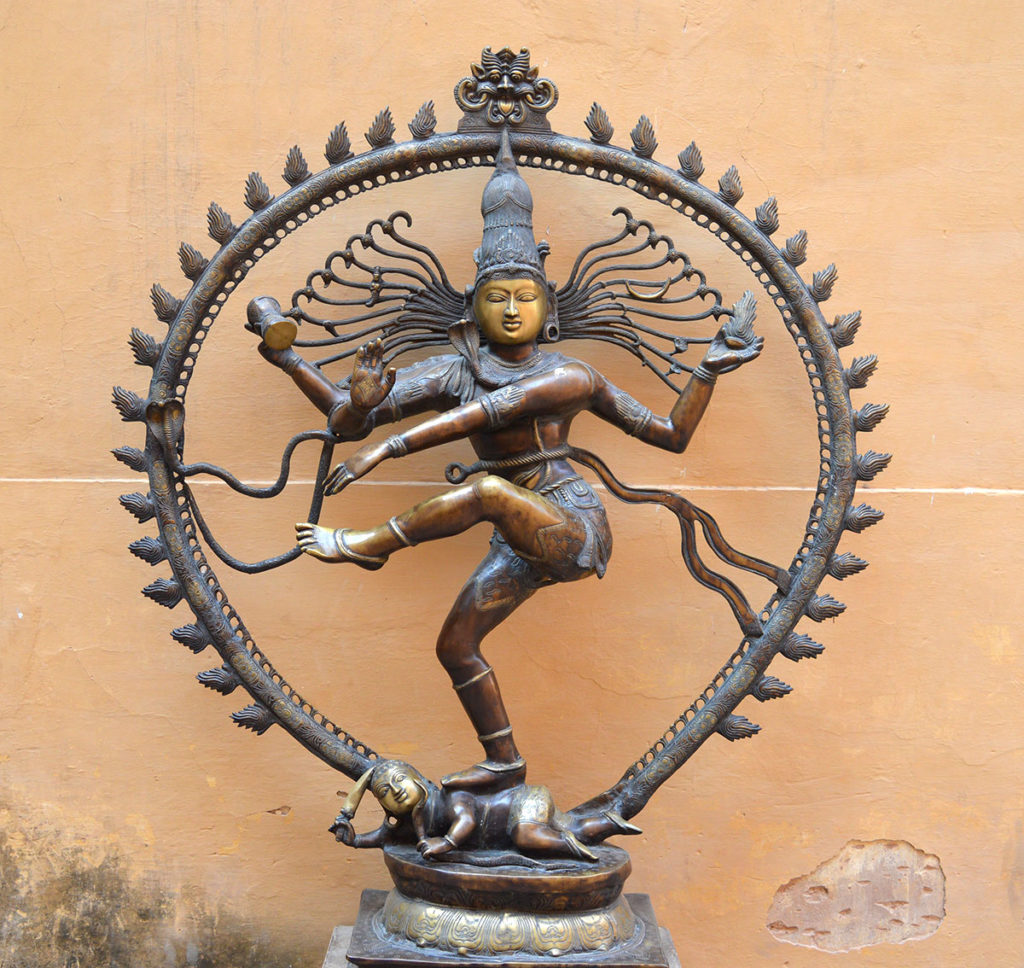
To live a meaningful life you have to live in accordance with the eternal Law. You live out the natural Law by following and expressing your true calling and abilities. An artist creates art, a scientist pursues knowledge, a worker performs manually. Each of us has certain talents, skills, interests and areas of activity that we can use to make a living, contribute to society and make other people’s lives better. People’s functions should be based solely on their self-chosen abilities and competence, and not any other features.
Rights and power come with responsibilities and duty is just another word for fulfilling your responsibility, so that rights and freedom can be maintained. Duty must be followed for society to function. That’s the natural Law as it should be practised in a harmonious society.
CAUSALITY: ACTION & REACTION
What is the eternal Law? Specifically, It’s the law of causality, of action and reaction in the physical as well as in the psychological (moral) sense. Everything that you do or that happens to you is an effect of a cause, and will itself be a cause for another effect in the future. What you do in your life has an influence on the world around you and will impact you and your surroundings in return, bringing back to you the consequences of your behavior at the right time in the cycle of events. Everything has its right time and place in the grand scheme of the cyclic nature of events.

The thoughts and feelings you allow into your mind shape your inner character. Although we usually consider thoughts and feelings as something that occurs to us, we are fully responsible for what we think, feel, say and do. Thoughts and feelings influence actions. That’s why intent matters. Everything starts with the intent, whether conscious or unconscious. Both the intent and expressed action give you a clue about how an action should be judged.
You create your own circumstances of life through speech and action, which in turn result from your thoughts and feelings. That’s why be mindful about what you allow to enter your consciousness. Your character is your best friend and your worst enemy. As the chain of causality that leads to action starts with the thought, cultivate your mind well, so that you only think thoughts, speak words and perform actions that you really want to express in reality.
DUTY & DEVELOPMENT
The goal of life is to grow mentally and emotionally, and to become a morally good and selfless person. In this way you minimize suffering in the world and achieve lasting happiness and satisfaction. To achieve this level of fulfilment you need to cultivate virtues in all areas of your life and avoid temptations that could be commonly regarded as bad.
The basic temptations are all related to egoism, excess and fear. Therefore, you should avoid anger, greed, pride, jealousy, unrestrained lust, materialism, attachment to external things and longing for power. All these things only debase your nature on the way towards self improvement and selflessness.
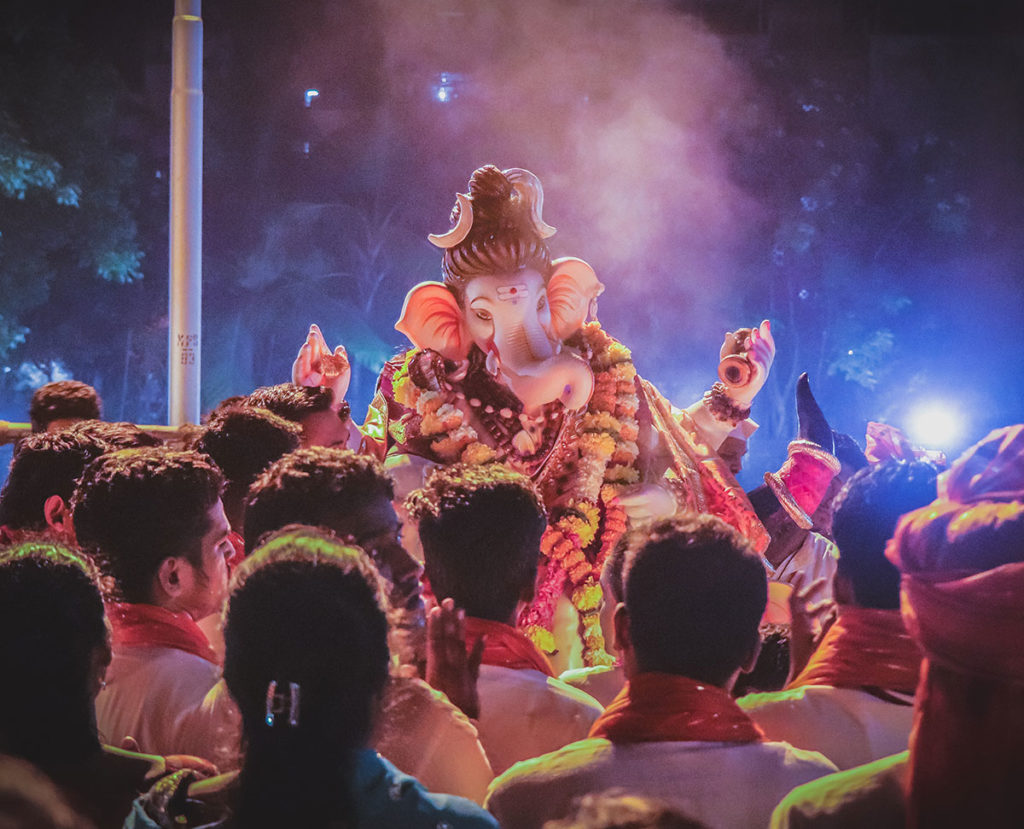
Getting rid of the negative habits and character traits should be paralleled by sorting out your life in 4 personal areas which can be divided as follows: material prosperity, emotional elevation, mental knowledge and contemplative self-realization.
1. Body & Material Prosperity
The pursuit of wealth for livelihood, security and economic prosperity is a noble activity if it provides a stable condition for family, children and the people around you. It also enables the wealthy pursuer to share that abundance with society. Also, keeping your body fit and healthy is also a sign of a good person. Your body is a part of the world and you should take care of the world around you, including your body.
2. Feelings & Emotional Elevation
Desire and passions form the lower and primitive part of human nature. However, if our feelings are refined, elevated, and used for the creation of aesthetic values and noble experiences, they become desirable and in accordance with the Law of personal growth.
3. Mind & Mental Knowledge
The more you understand, the more capable and powerful you become. It’s a noble pursuit to seek knowledge if it is accompanied by the intention to serve society and people. By identifying and living in accordance with your true calling you find a place in life. If you pursue the common virtues of honesty, purity, goodwill, patience, generosity and you restrain from injuring others, you instinctively live out the natural Law in practice.
4. Meditation & Contemplation
The final path to self-realization is that of meditation and contemplation. By training your mind in tranquillity, peace and compassion you gain ever more personal strength and power which might eventually lead you to final liberation from negative emotional complexes. This in turn will end your personal suffering. That’s the path to liberation, the highest, noblest and most difficult way of ultimately fulfilling the meaning of life.
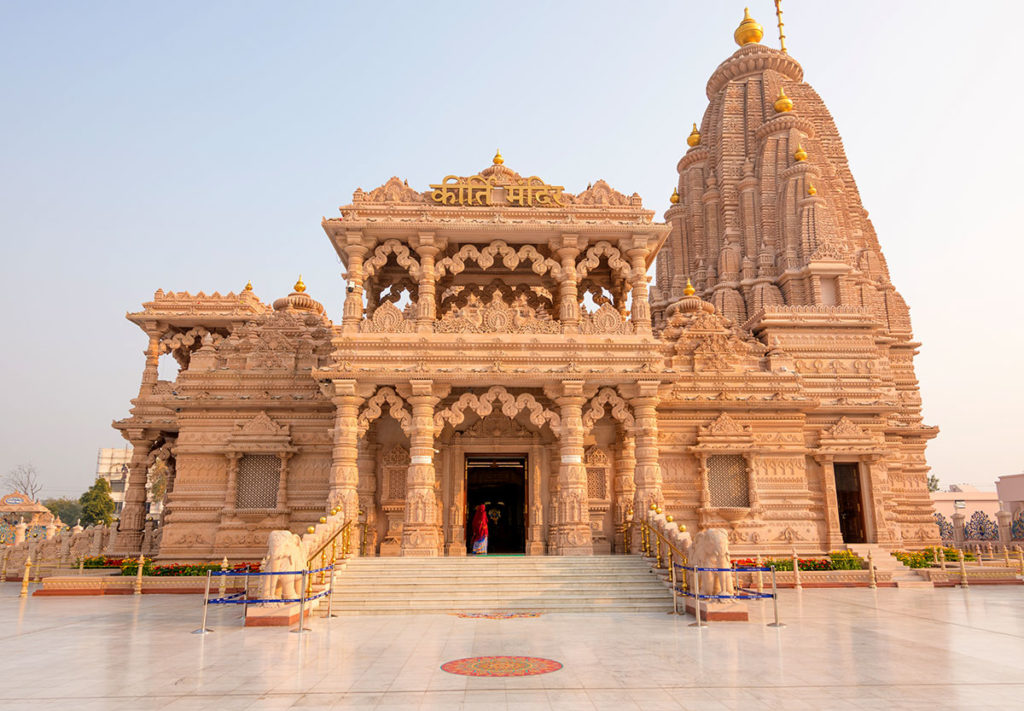
STAGES OF LIFE
A meaningful life can be divided into 4 stages.
1. Childhood
First, you’re a student. You learn the ways of life, have experiences and make mistakes while finding your self-identity, skills and interests - your true inner calling.
2. Adulthood
Secondly, you arrive at the stage of being a householder. It’s a life of responsibility. Perhaps, you live with a partner, maintain a household, learn to be considerate, have a social life with duties, raise children, or all of it. In this way you sustain other lives.
3. Maturity
In the third stage of life you start to slowly withdraw from the world. With growing age you lose interest in the mundane affairs of life. You advise people with your experience and knowledge, but your inner consciousness itself shifts towards higher ideals and peace.
4. Old Age
The goal of the fourth stage is to achieve renunciation. At a very old age you still live in the world, but you seek to maintain a healthy disinterest and detachment from material life. Your focus is now on simplicity and the reality of ONENESS behind the diversity of the transient forms of life. You strive for detachment and truth which culminate in your passing away in peace, acceptance, bliss and tranquillity.
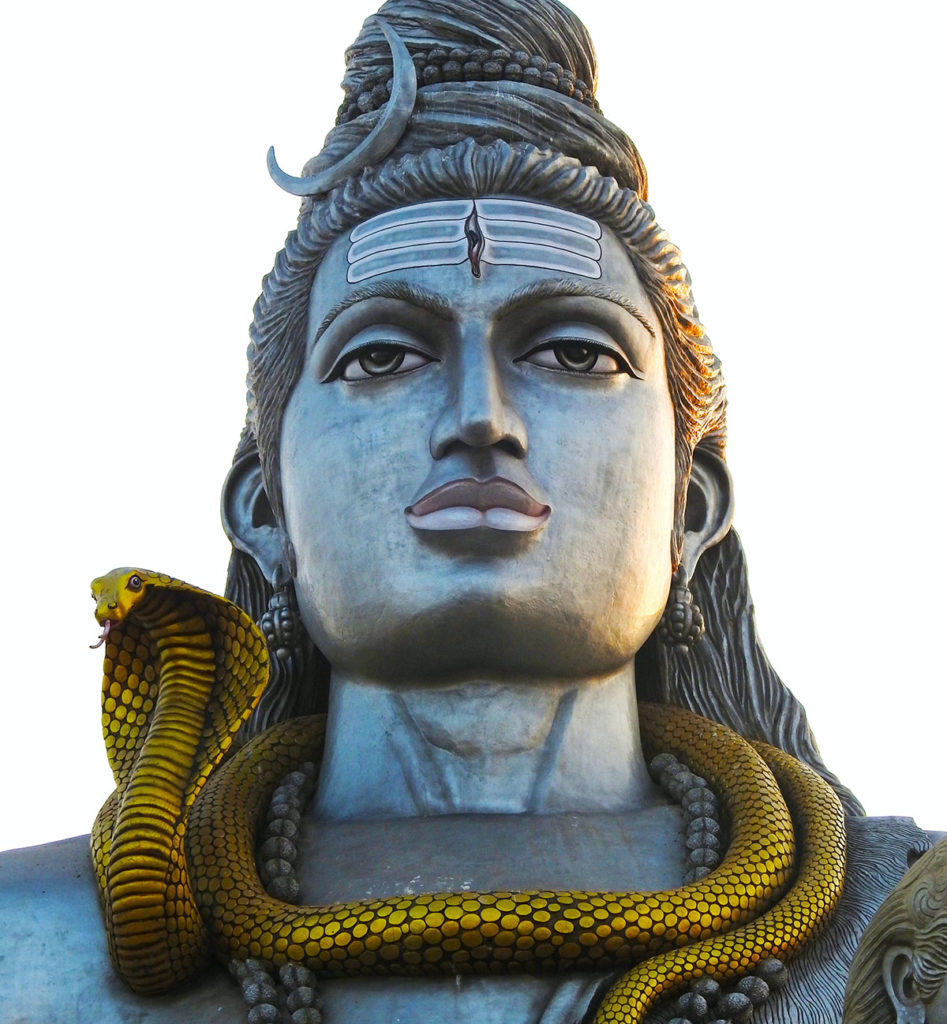
SELF-CONTROL
In order to find meaningfulness in life you need to achieve self-control. Unrestrained urges make you a slave to passions. The limits that you impose on yourself will make your personal pursuits meaningful. A healthy dose of discomfort is important to practise self-control. The body and emotions want to reign supreme, but your mind (intellect) needs to control their impulses. Don’t actively suppress your passions. Instead, moderate them and turn your attention towards more constructive, mental pursuits.
The entanglement with passions and the inability to control them results in subsequent suffering as a result of causality. That’s why it’s necessary to train our mental capabilities, so that the strong willpower of the mind can restrain the worst emotional impulses and negativity.
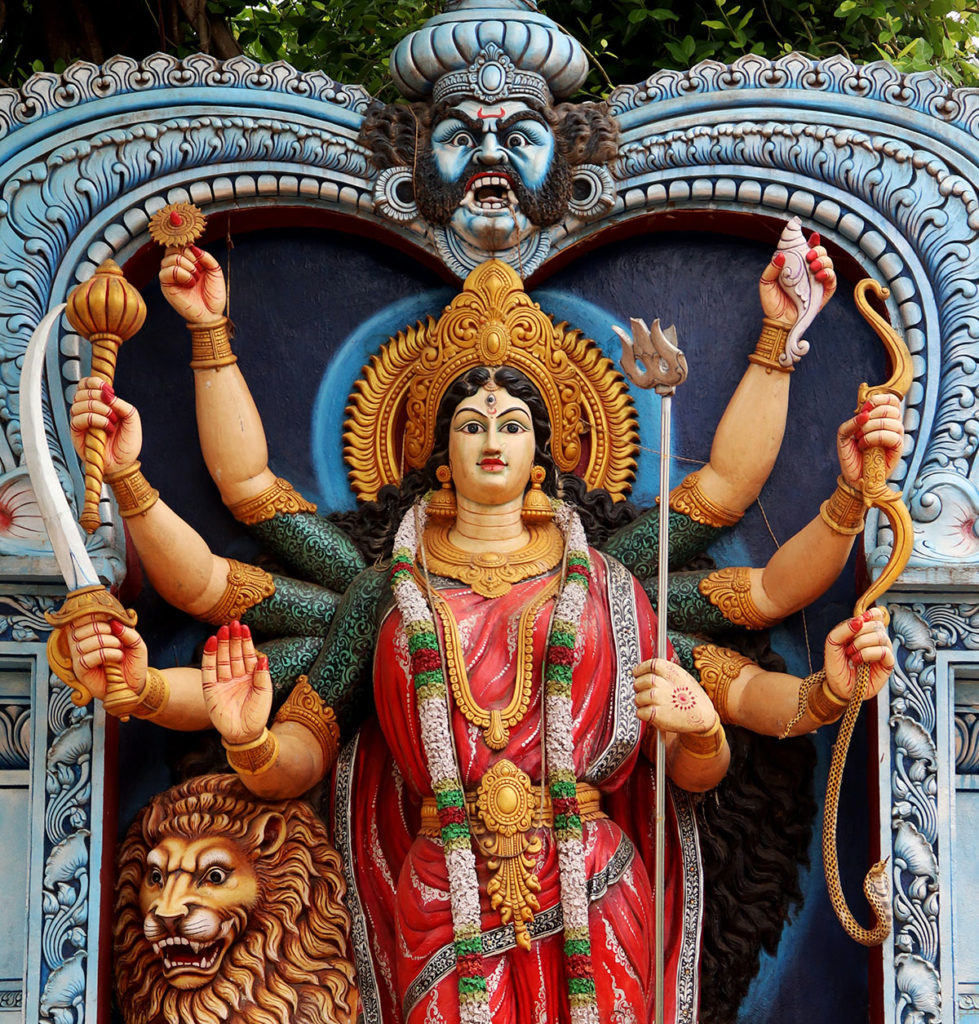
INDIA'S MESSAGE
Here’s what Indian thought can contribute to the fundament of a new, global culture:
Fulfil the meaning of your life by following your true inner calling, and by living in accordance with the law of cause and effect through the different stages of life. Base your thoughts and behaviour on the concept of personal duty that points out to the root and source of selflessness and UNITY behind the visible diversity of all life. Avoid temptations, and cultivate the powers of your consciousness through self-control and virtues.
नमस्ते




